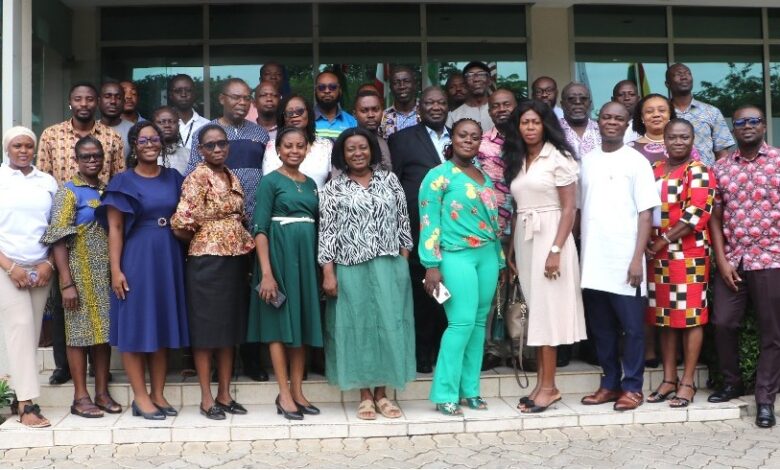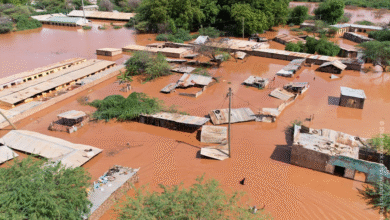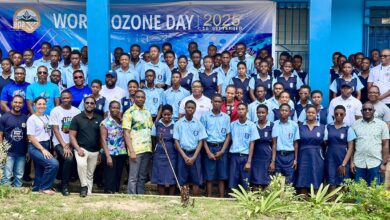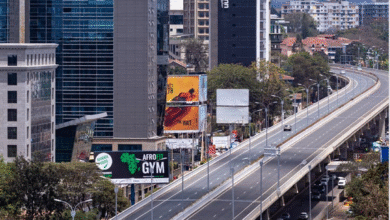Ghana Validates Health Education Plan to Advance Mercury-Free Mining and Strengthen Public Health in Small-Scale Mining Communities

Small-scale mining has long served as a vital source of livelihood for many Ghanaians. However, the sector has also been associated with significant health and environmental risks, particularly due to mercury exposure. In response, a Health Education Manual and Plan have been developed to address these challenges by raising awareness, promoting safe practices, and improving access to support services.
The Environmental Protection Authority (EPA) Ghana, in collaboration with the United Nations Development Programme (UNDP), Ghana and the United Nations Industrial Development Organization (UNIDO) Ghana, convened a validation workshop to strengthen public health and safety in small-scale mining districts. The workshop forms part of the ongoing efforts under the planetGOLD Ghana Project, funded by the Global Environment Facility (GEF), to promote mercury-free mining and empower communities to thrive sustainably.
The validation workshop was organized to ensure that the Health Education Plan is practical, culturally appropriate, and aligned with the needs of mining communities and stakeholders. Through a participatory and consultative approach, the draft Health Education Manual and Plan was presented, reviewed, and refined.
Stakeholders from various sectors, including government agencies, civil society, miners, and community representatives, were engaged in group discussions and plenary sessions. These sessions were facilitated by members of the Technical Working Group (TWG), who guided participants through key components of the plan and gathered feedback for improvement.
A highlight of the workshop was a presentation delivered by Selina Dussey, Head of the Management Unit at the Ministry of Health, Ghana, in which she outlined four key mercury exposure, prevention, and control measures embedded in the Health Education Manual and Plan. These measures include the use of retorts and protective gear to reduce airborne inhalation risks, the adoption of mercury-free mining technologies to prevent water contamination, the safe disposal of mercury waste to protect soil and agriculture, and public education campaigns aimed at reducing mercury intake through fish and crops in the food chain. These measures are expected to contribute significantly to safer mining practices and healthier communities.
During the critical review session, participants assessed the Information, Education, and Communication (IEC) materials that had been prepared by the TWG to ensure clarity, accuracy, and suitability for public dissemination. This step was considered essential to empowering communities with the right information and fostering behavioral change.
Following this workshop, a revised and finalized Health Education Manual and Plan is expected to be produced, reflecting stakeholder input and consensus. Stakeholders have agreed on the roles and responsibilities for implementation. They have expressed a strong commitment to support the plan in their respective capacities.
The validation workshop has reinforced the significance of protecting human health and the environment as essential to ensuring sustainable livelihoods. Through collaborative efforts and inclusive dialogue, the planetGOLD Ghana Project continues to advance mercury-free mining and promote public health in mining districts across the country.




